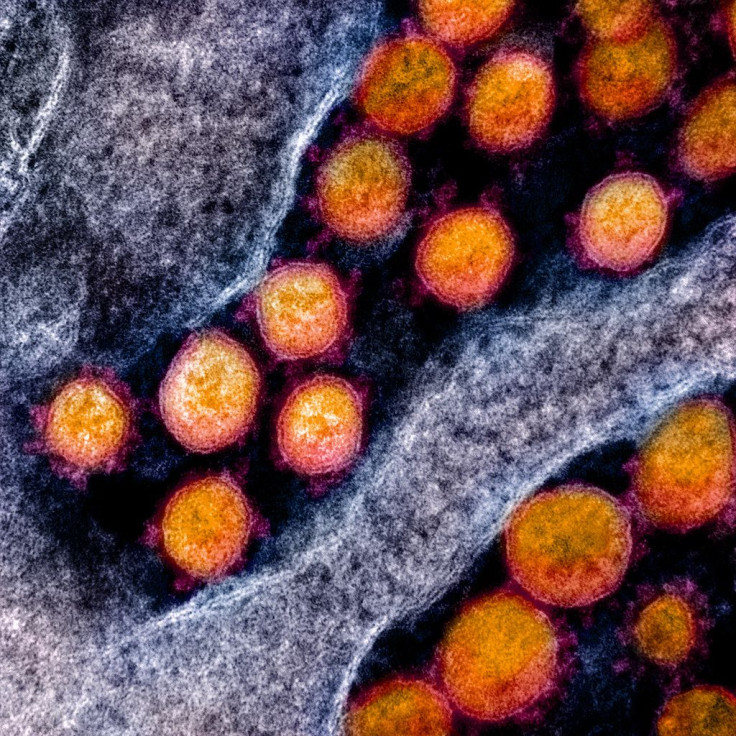The Challenge of the Mutant Variants

After a year of the coronavirus pandemic raging across the globe, it looked like vaccines would provide a light at the end of the tunnel. Now, new strains of the virus raise questions about both spread and vaccines.
The new strains
Mutations are a normal part of the life cycle for viruses, so the mutants of the SARS-CoV-2 virus are not exactly a surprise. New strains have emerged in three hard-hit areas: the UK, South Africa, and Brazil.
Including the US, the UK strain has reached at least 60 countries and the South African variant has spread across 31. Brazil is home to two strains, both of which have also reached the US . All three emerged between the fall and January 2021.
The UK strain seems to be more infectious than the original virus, and, depending on who you ask, even more deadly. Dr. Fauci is not one who believes the latter. He said in a White House briefing that this variant “appears to have a greater degree of transmissibility — about twice as much as what we call the ‘wild type’ original virus” but that “it doesn’t seem to make the virus more virulent or have a greater chance of making you seriously ill or killing you.”
The vaccine question
The South African and Brazillian variants have raised concerns about avoiding vaccine-based immunity. The Brazillian mutation is still too new for results,
According to Dr. Fauci, the vaccines still help. “There’s a thing called a “cushion effect,” he explained. “So, if you have a vaccine…. that can suppress the virus at a dilution, let’s say, of 1 to 1,000, and the mutant influences it by bringing it down to maybe 1 to 800, or something like that, you’re still well above the line of not being effective. So there’s that ‘cushion’ that even though it’s diminished somewhat, it still is effective.”
Fauci said that the UK variant had a “very minimal effect” on efficacy, while the South African strain was “a little bit more concerning, but nonetheless, not something that we don’t think that we can handle.”
Pfizer released lab test results showing that its vaccine is still effective against the mutations in the UK and South African strains. Moderna reports that its vaccine also remains effective against the variants, though it does not perform as well against the South African variant as it does the original and UK strains.
Novavax’s clinical trials accounted for both the UK and South African variants. The company says that its vaccine offers strong protection to both, as “efficacy by strain was calculated to be 95.6% against the original COVID-19 strain and 85.6% against the UK variant strain.”
Pfizer, BioNTech, Moderna, and AstraZeneca have all expressed concern that the coronavirus will eventually evade immunity. Pfizer’s CEO mentioned that there was a “high likelihood” that mutations will eventually bypass current vaccines, but the company was aiming to accelerate its process so that new vaccines will take only 100 days to develop.
The New York Times reports that BioNTech is working with regulators to explore a possible new version of its vaccine and Moderna is developing a booster shot to potentially be given as a third dose. AstraZeneca plans to have a “next-generation” version of its vaccine ready for the fall.
As for the Johnson and Johnson ’s Janssen Biotech vaccine, its developers reported on January 29, with release of phase 3 data, that this vaccine offered some protection against the South African variant. The company, which also developed the approved Ebola vaccine, submitted its Emergency Use Authorization application to the FDA yesterday. A decision is expected in a few weeks’ time. The Ebola and the coronavirus vaccines were both developed with the same technology: a common cold virus, deactivated, ushers copies of the virus’ spike protein into the body. The point is for the immune system to recognize these proteins, and then develop infection-fighting antibodies.
New precautions
The best ways to protect the community from these new strains are the same as before, but more intensive. More infectious strains just mean tighter precautions.
For months, the face mask market has been something of a free-for-all. People don a mix of simple cloth masks, surgical masks, and N95 respirators. Some use a mix combining cloth masks with particulate filters or simply layer multiple masks on top of each other. In light of the new, easier-spreading variants, using multiple layers has become a common recommendation.
The Biden administration has revamped the country’s travel restrictions, embracing measures that have proven effective in other countries. International travelers will be required to obtain negative Covid-19 test results before travel, and upon entering the country, travelers will now have to quarantine for 14-days, a restriction that has already seen extensive use overseas in Japan, Australia, and even in the US’s least affected state -- Hawaii
Sean Marsala is a health writer based in Philadelphia, Pa. Passionate about technology, he can usually be found reading, browsing the internet and exploring virtual worlds.



























